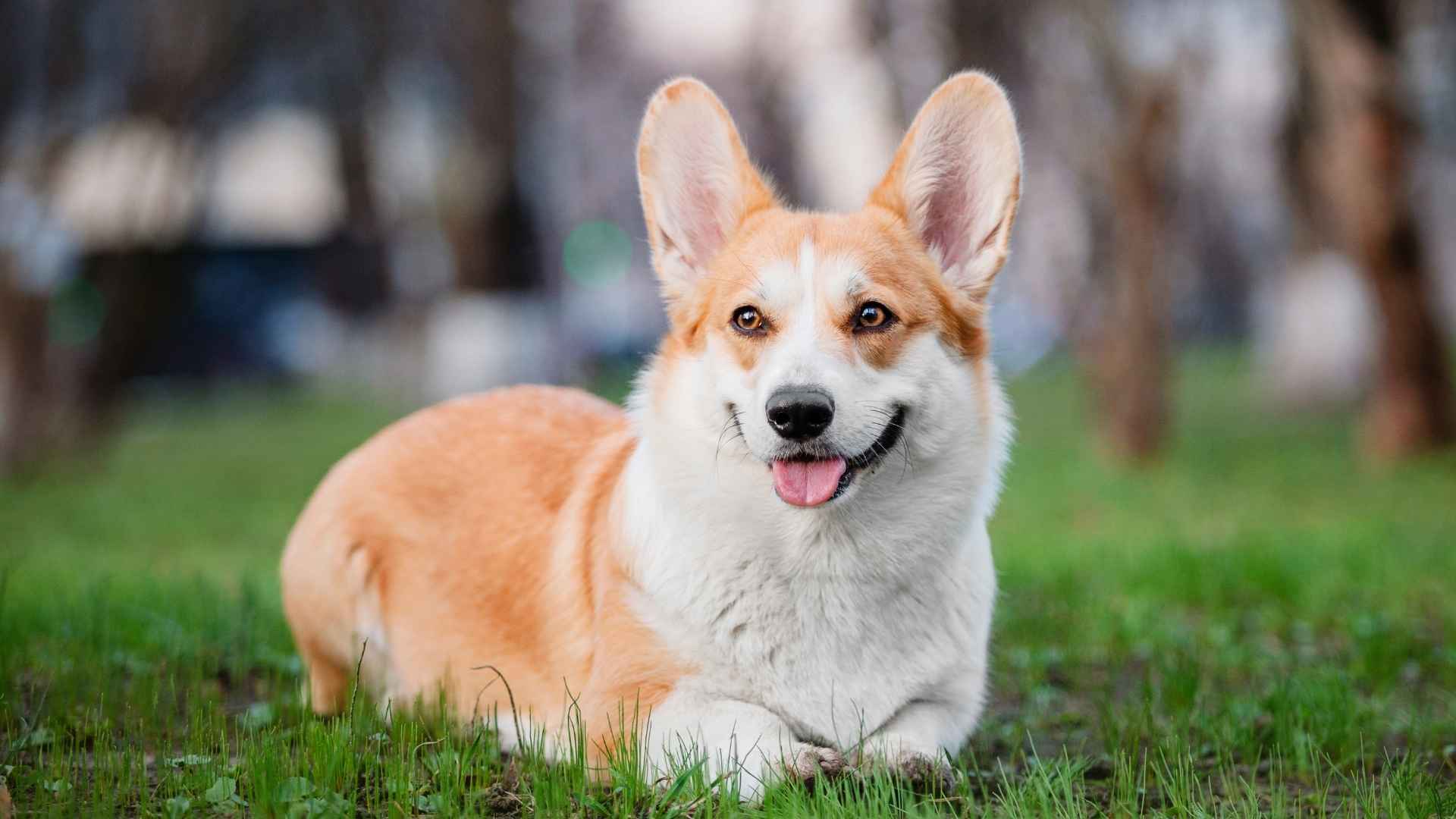Not all dogs are eager to cuddle or follow their owners everywhere. Some prefer their own space, exuding quiet confidence and independence. These breeds aren’t unloving; they choose when and how to show affection.
Many were bred to work alone, whether guarding remote areas, hunting in harsh conditions, or tracking scents for miles. Their intelligence and self-sufficiency make them fascinating yet sometimes unpredictable companions.
Aloof dogs observe before they engage, offering loyalty on their terms. Some stand watchfully beside their owners while others relax at a distance, almost cat-like in their habits.
Let’s discover the most aloof dog breeds and what it means to welcome an independent pup into your home.
Most Aloof Dog Breeds
1. Chow Chow
Draped in a thick, regal mane, the Chow Chow carries itself with the dignity of an emperor. This dog prefers quiet observation over playful engagement. According to the AKC, their independent nature makes them selective about affection, forming deep bonds only with those who earn their trust.
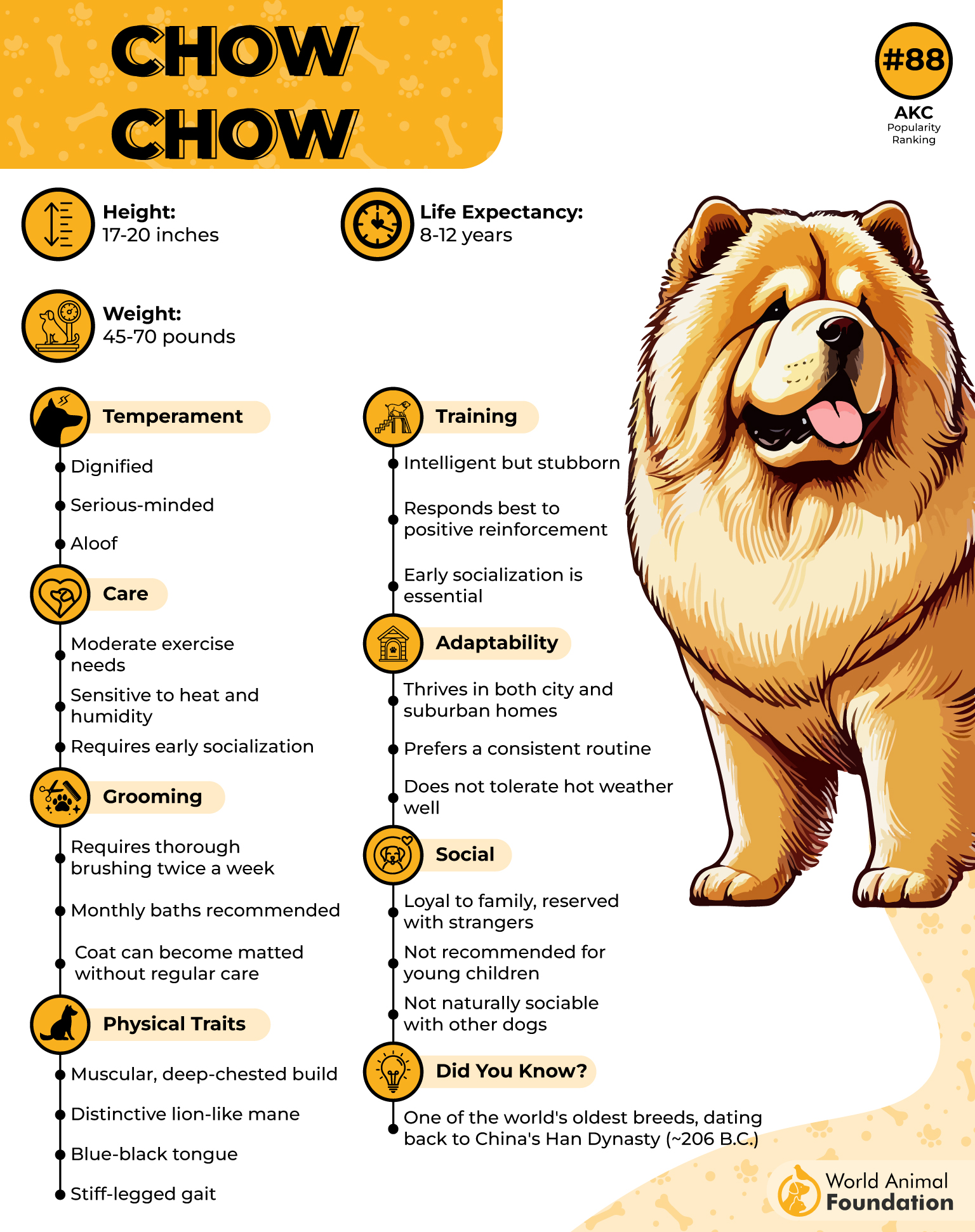
Though fiercely loyal to their family, Chows remain reserved with strangers, never quick to warm up. They aren’t aggressive but expect respect, setting their terms for social interactions. This aloofness and their dignified presence make them both fascinating and enigmatic companions.
Training a Chow can be challenging, as they don’t respond well to forceful commands. They are intelligent but stubborn, requiring consistent, patient leadership. Owners must understand that a Chow obeys because it chooses to, not out of blind loyalty.
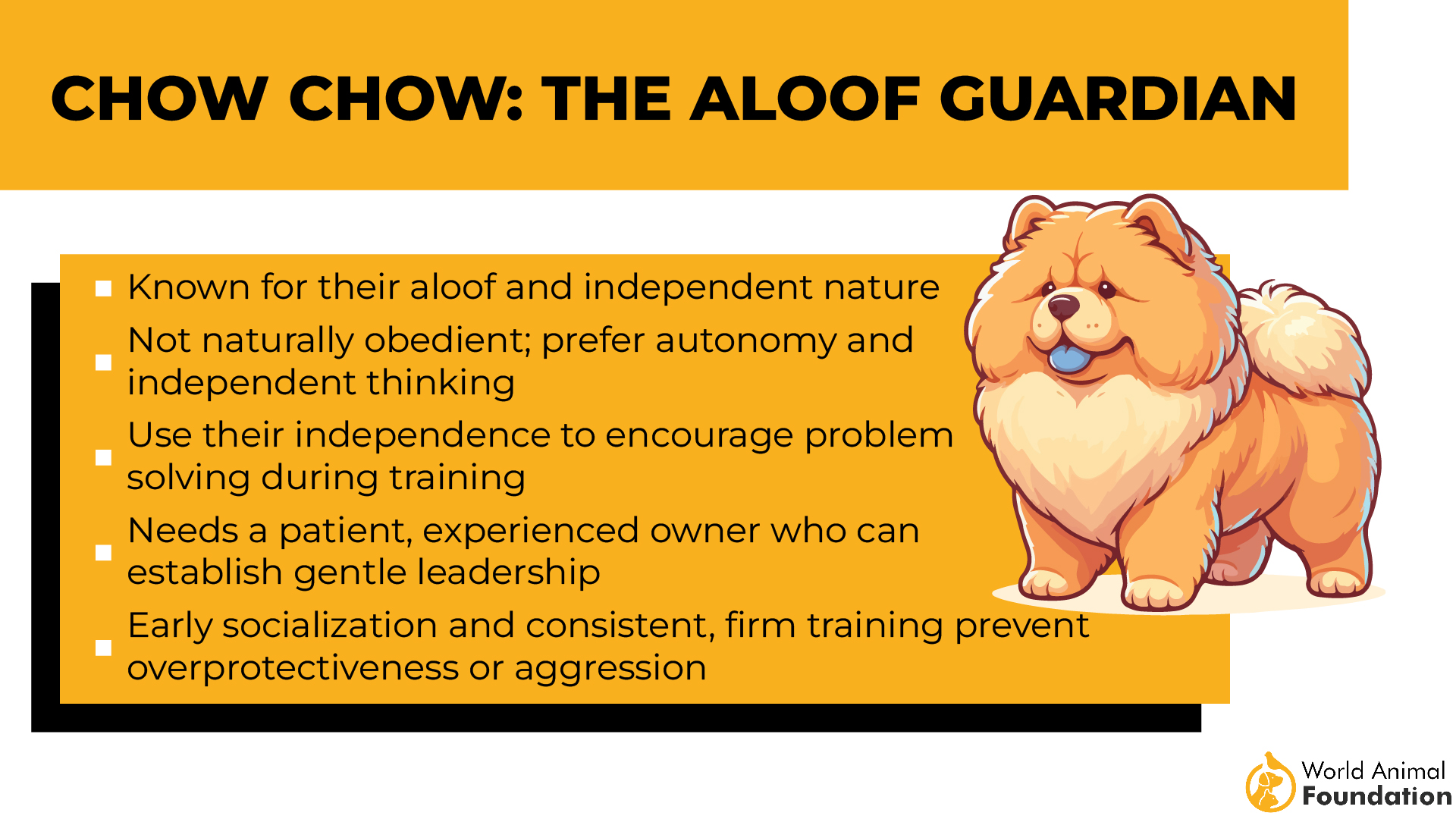
Their temperament mirrors that of a cat—self-sufficient yet protective. They enjoy companionship but demand personal space, making them an ideal match for someone who respects their independence.
A Chow’s love isn’t flashy, but it’s profound. Once bonded, they stand as silent, unwavering guardians, offering a unique companionship built on mutual respect.
2. Shiba Inu
With its sharp fox-like features and confident strut, the Shiba Inu moves through life with undeniable swagger. This breed thrives on independence, often making its own rules rather than following commands. While affectionate with trusted humans, Shibas rarely seek attention and prefer to engage on their terms.
A Shiba values its personal space and enjoys quiet moments alone. They may follow you from room to room but will rarely demand cuddles. Their reserved nature makes them wary of strangers, choosing to assess before engaging.
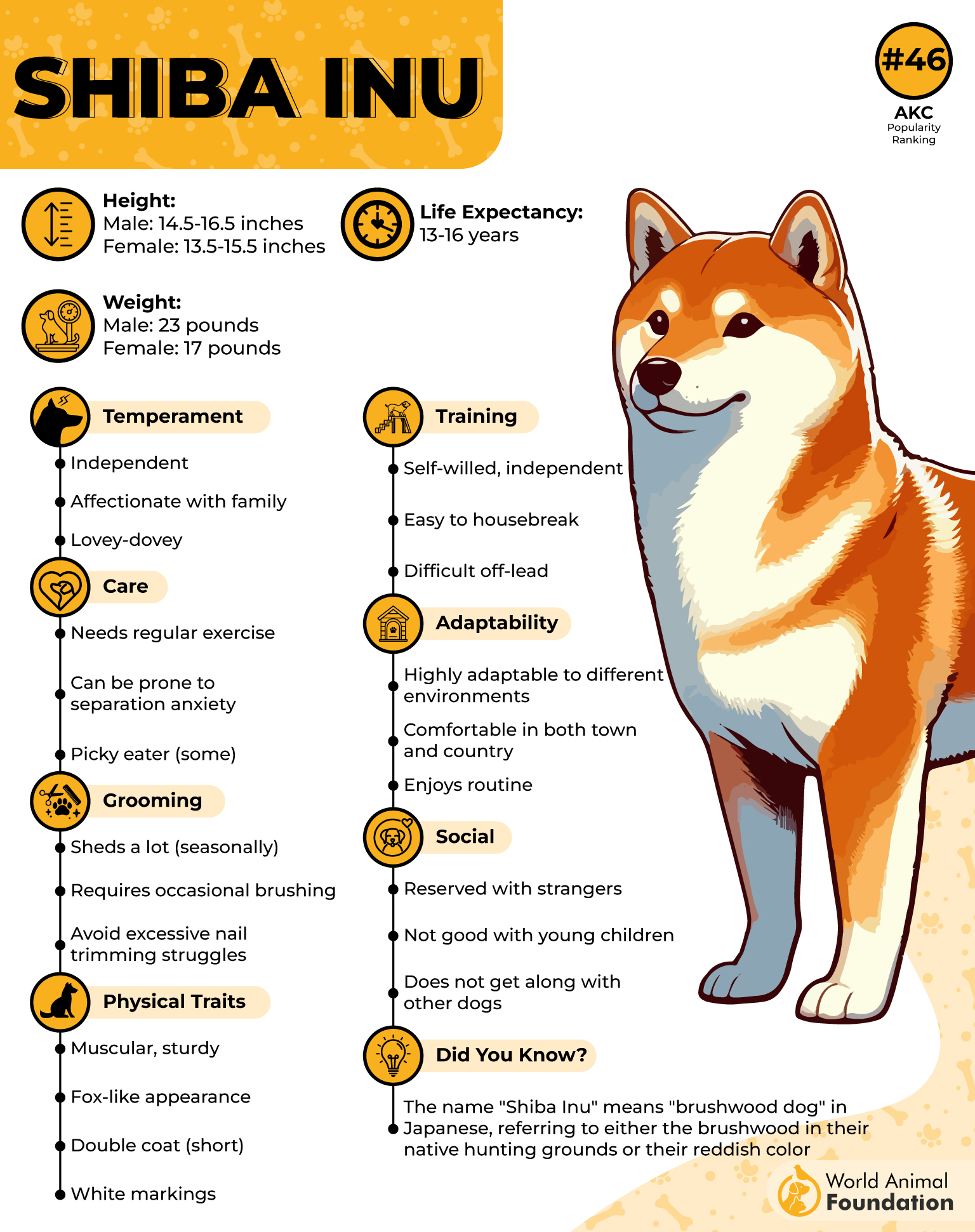
Training a Shiba is a battle of patience and wit. They are highly intelligent but prefer to do things their way, challenging traditional obedience training. A firm yet humorous approach works best, as they respond to motivation rather than authority.
They’re known for their quirky personalities, often displaying bursts of energy followed by moments of deep contemplation. Their independence doesn’t mean they lack affection—they express love subtly and unexpectedly.
The Shiba is a perfect match for those who appreciate a spirited, self-reliant companion. If they choose to love you, consider it an honor.
3. Afghan Hound
Dripping in long, silky fur, the Afghan Hound is the epitome of grace and mystery. This breed carries an aristocratic air, making them one of the most striking yet emotionally distant dogs. They enjoy human presence but prefer admiration over constant affection.
As per PetMD, Afghans are selective in their interactions. They observe their surroundings with quiet intelligence, engaging only when it suits them. Though affectionate in their own way, they remain reserved, never displaying their emotions too freely.
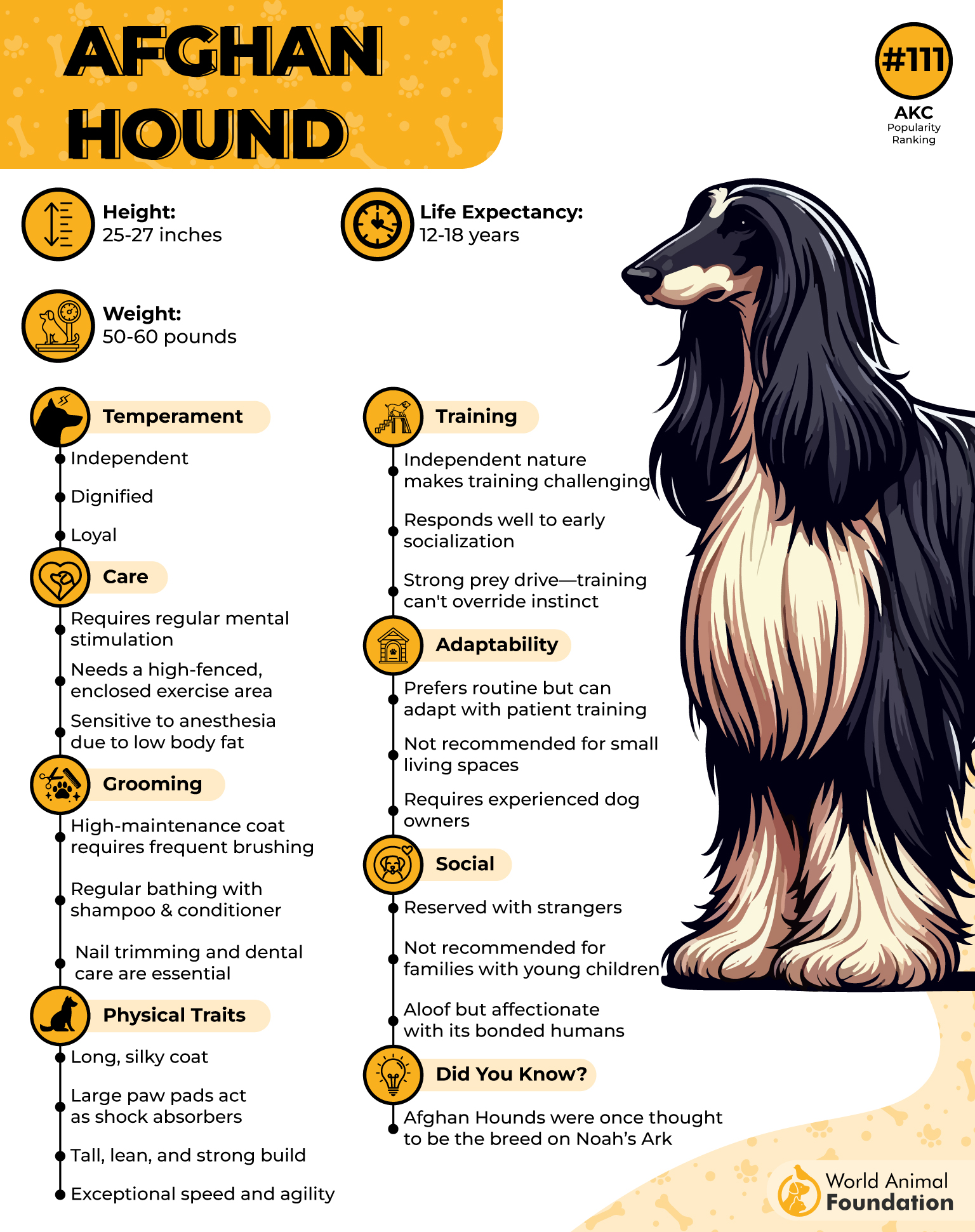
Centuries of independent hunting have shaped the Afghans’ strong-willed nature. They rely on instinct and prefer making their own decisions rather than following orders. Training requires patience, as they are more likely to cooperate when treated as equals rather than subordinates.
They aren’t driven by a desire to please but by their curiosity and sense of adventure. Their aloof nature shouldn’t be mistaken for coldness—simply an expression of self-sufficiency.
An Afghan Hound won’t smother you affectionately, but their quiet loyalty is unmatched. Their love is like a rare jewel—subtle, exquisite, and deeply cherished.
4. Jindo
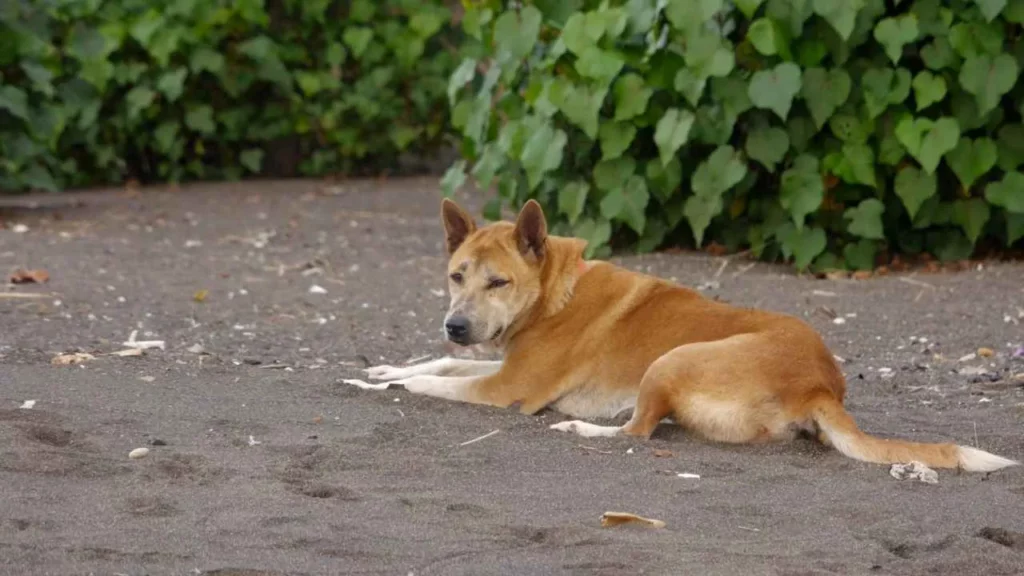
The Korean Jindo is a breed of fierce loyalty wrapped in an independent spirit. Known for their intelligence and self-reliance, they form deep bonds with their owners but remain distant with outsiders. While they enjoy companionship, they rarely seek excessive affection.
This independence stems from their hunting heritage, where they learned to rely on their instincts. They are excellent watchdogs, observing situations with a keen and calculated awareness.
Jindos are natural problem solvers, often making decisions rather than relying on human guidance.
Although deeply devoted to their chosen person, Jindos don’t display love in conventional ways. They prefer standing guard nearby rather than snuggling on the couch. Their loyalty isn’t loud or demanding—it’s a quiet, ever-present force.
Training a Jindo requires mutual respect rather than dominance. They are intelligent but not blindly obedient, responding best to patience and positive reinforcement. Once they trust you, their bond is steadfast and unbreakable.
5. Tibetan Mastiff
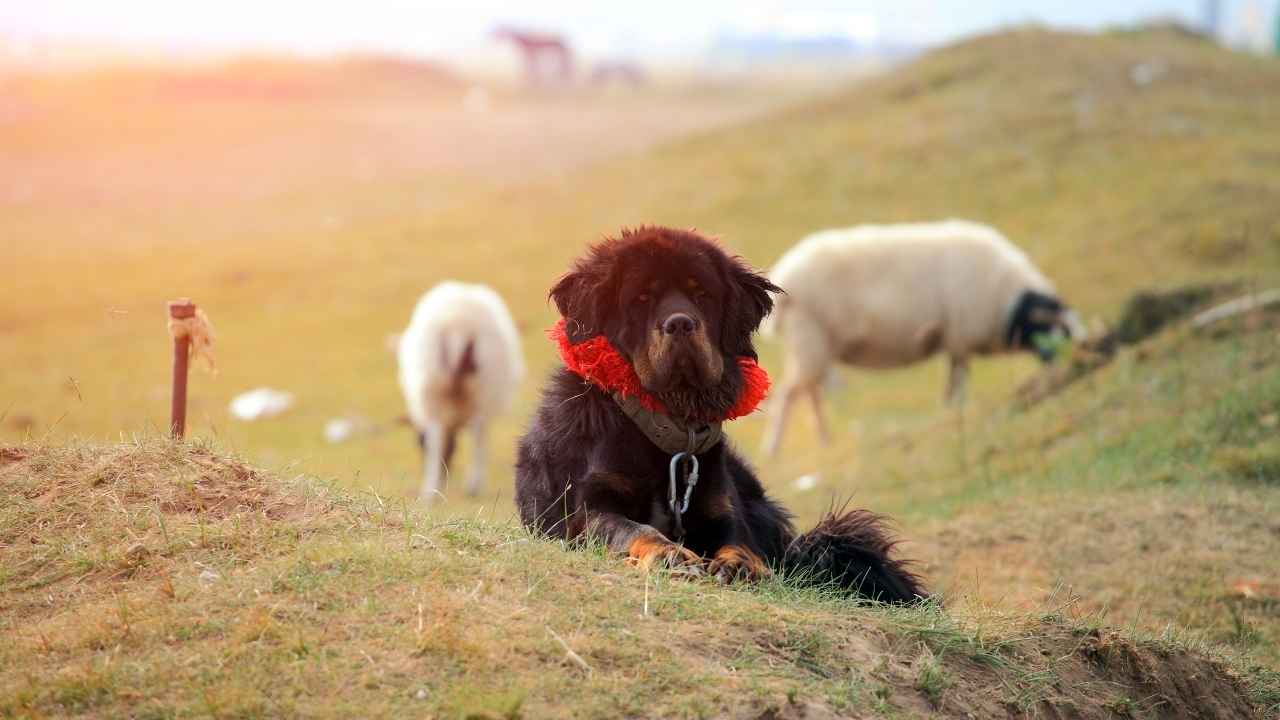
Majestic and powerful, the Tibetan Mastiff is an ancient guardian with an unwavering sense of duty. Bred to protect livestock in the harsh Himalayas, they are naturally independent and highly territorial. They love their families but do not seek constant validation or affection.
Tibetan Mastiffs thrive in a calm, structured environment where they can exercise their natural guarding instincts. Deeply loyal to their family, they remain reserved with outsiders, carefully evaluating new faces before engaging. Their imposing presence alone is often enough to deter intruders.
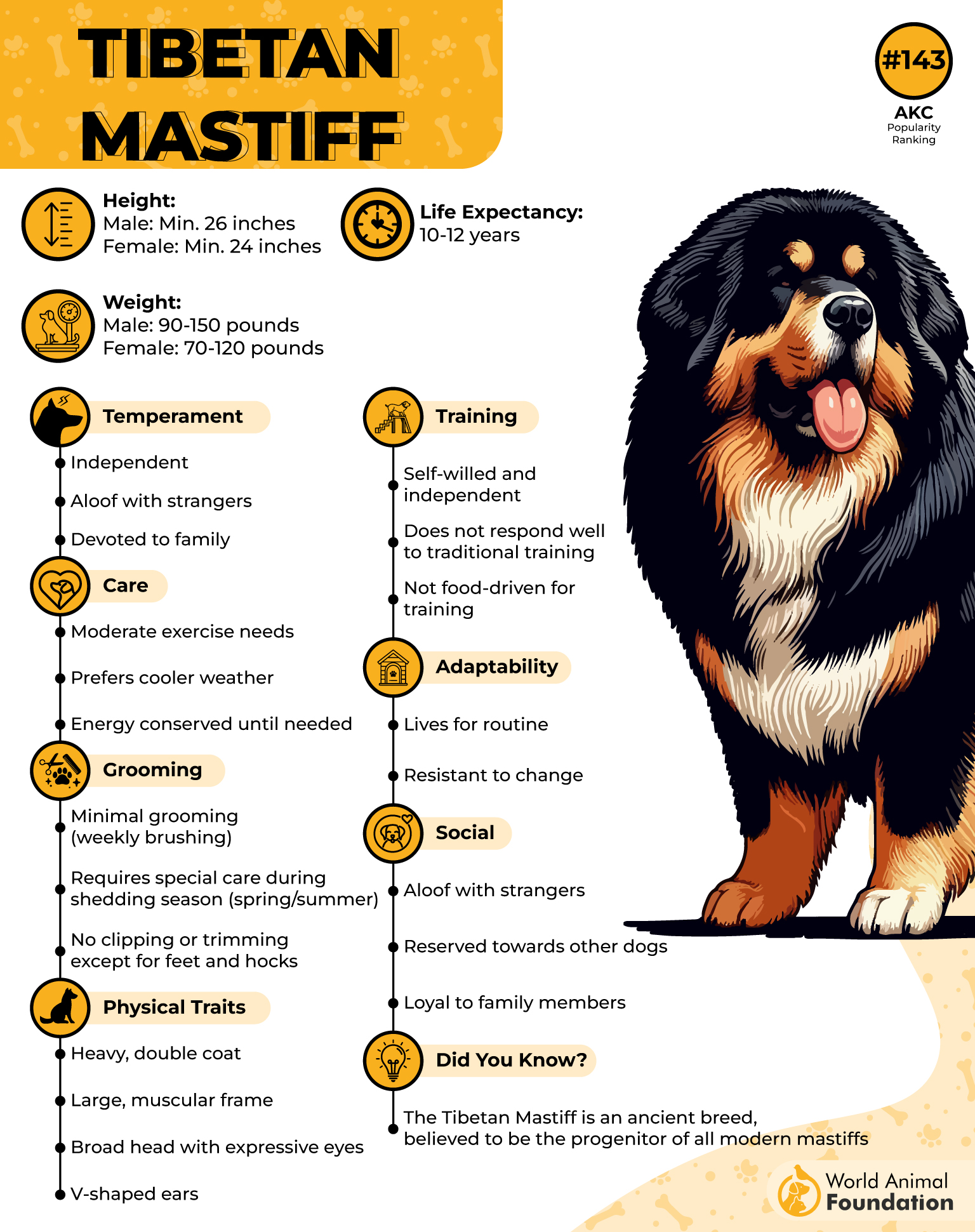
Highly intelligent but independent, they require an owner who commands respect rather than demands obedience. They think for themselves and won’t follow orders unless they see a clear purpose. Without early training and firm leadership, their protective nature can become overwhelming.
These dogs excel as vigilant protectors, maintaining a constant awareness of their surroundings. Their instincts sharpen at night, heightening their ability to detect and respond to potential threats.
While not overly affectionate, they form strong, silent bonds with those they trust. For experienced owners, their unwavering devotion and formidable guarding abilities make them an exceptional companion.
6. Basset Hound
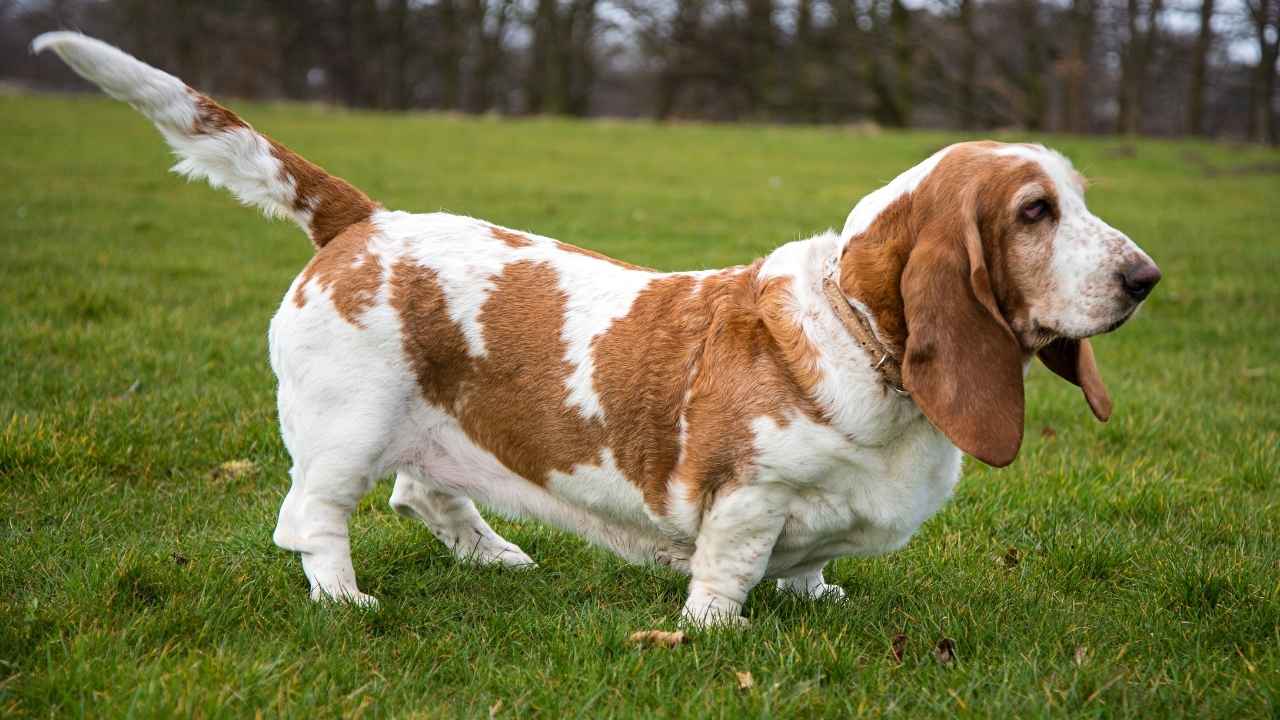
Basset Hounds are gentle, laid-back dogs with an independent streak. Originally bred for tracking and hunting, they rely heavily on their powerful noses, often following scents with a single-minded focus. While affectionate with their families, they aren’t overly needy and prefer companionship without constant attention.
Stubborn but intelligent, Basset Hounds require patient training and positive reinforcement. Their strong sense of smell can distract them, making recall difficult. Consistent routines and early socialization help manage their independent nature.
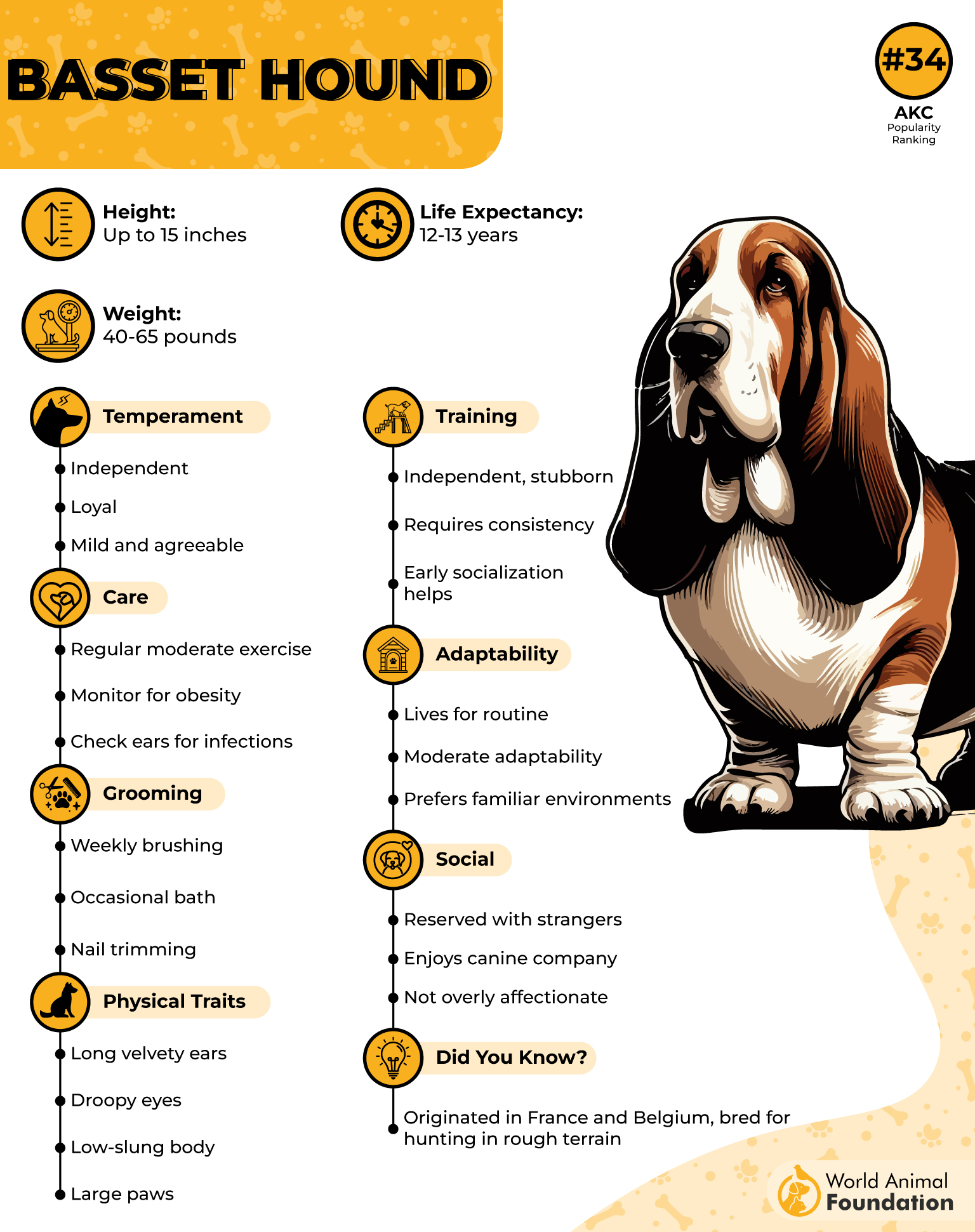
They have low energy levels and enjoy lounging but need regular walks to prevent obesity. Their short legs and long backs make them prone to joint issues, requiring careful exercise management.
Social yet reserved, Basset are friendly but not overly enthusiastic toward strangers. They get along well with children and other pets but prefer a relaxed environment.
Easygoing and loyal, they thrive with owners who appreciate their independent yet affectionate personality. Their care involves regular ear cleaning, moderate exercise, and a structured routine to keep them healthy and content.
7. Cairn Terrier
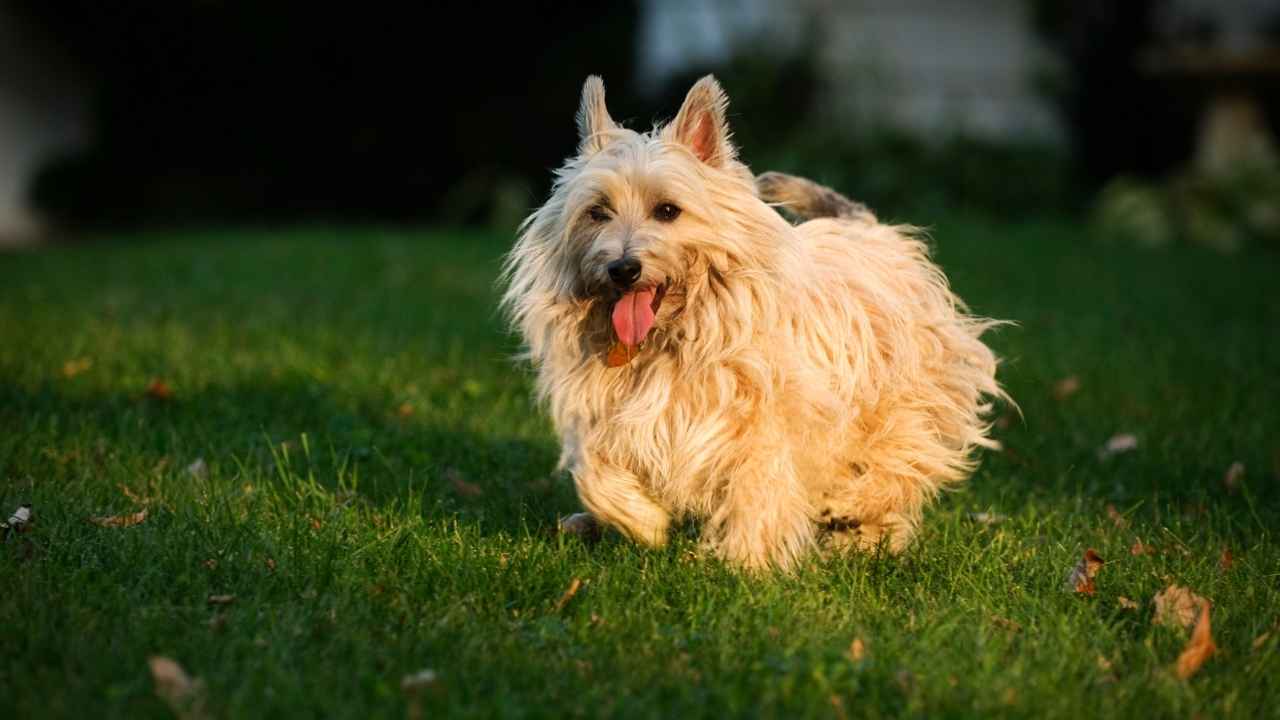
Cairn Terriers are spirited, intelligent dogs with a fearless attitude. Originally bred to hunt vermin in Scotland, they are naturally independent and highly energetic. While they form strong bonds with their families, they prefer action over cuddles and enjoy problem-solving independently.
Their strong-willed nature makes training essential, as they will test boundaries. They respond best to firm, consistent guidance combined with positive reinforcement. Without proper leadership, they can become stubborn and difficult to manage.
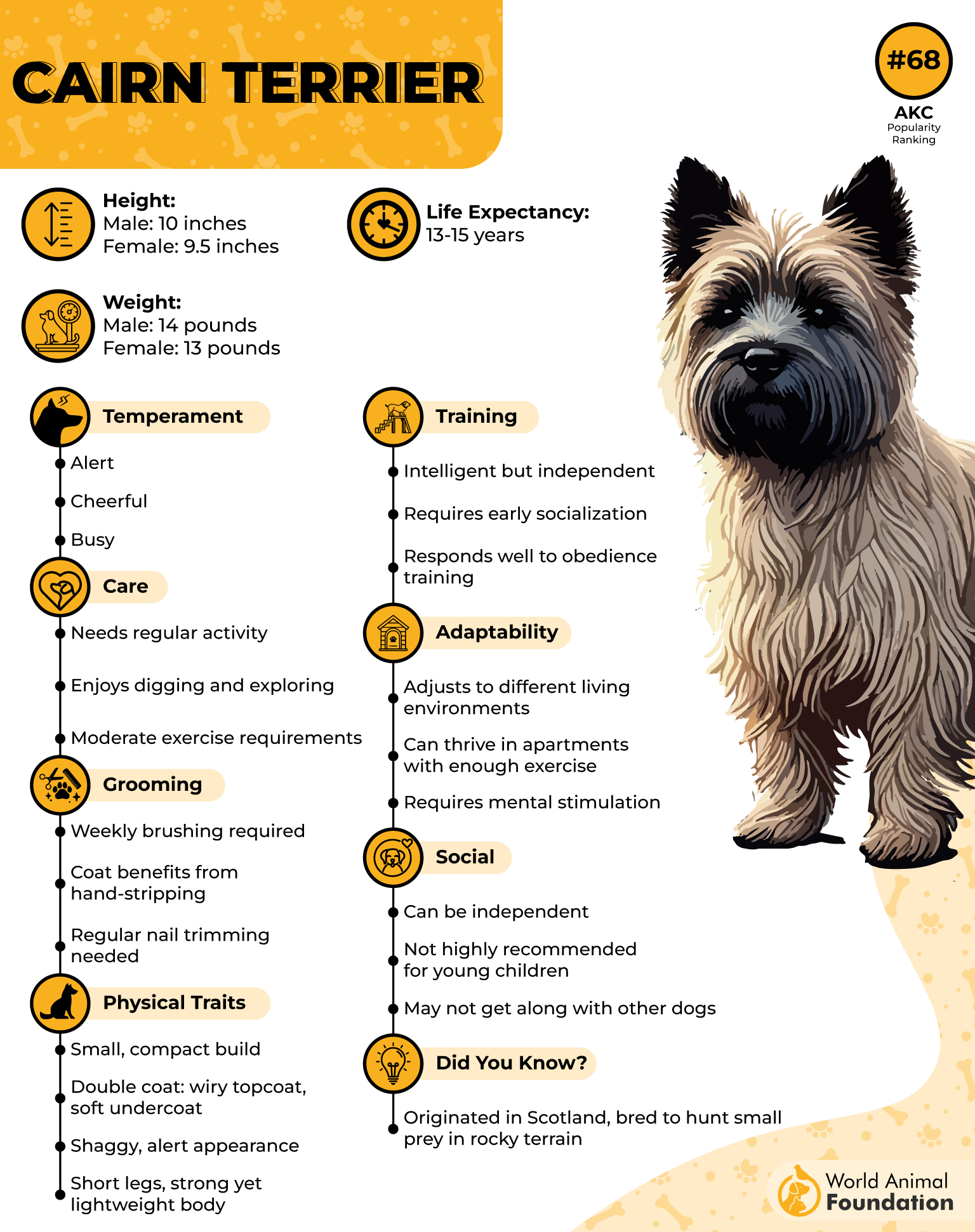
Despite their small size, Cairns need plenty of physical and mental stimulation. Daily walks, interactive play, and puzzle toys help prevent boredom-driven mischief. Purina states that their wiry coats require regular brushing but are otherwise low-maintenance.
Though friendly, they are not overly social with strangers, preferring to assess new people before engaging. Their bold personality makes them confident watchdogs, alert to any unusual activity.
Ideal for active owners, Cairns thrive in environments where they can explore and stay engaged. Their loyalty is unwavering, but they demand respect and space to express their independence.
Conclusion
Not all dogs crave constant attention—some value their independence, like the ones on this list. While domestic dogs have been bred for companionship, many retain the strong-willed traits of their ancestors. Independent breeds, such as Afghan Hounds and Tibetan Mastiffs, often act on their instincts rather than looking to humans for complete control.
Herding dogs like German shepherds and other dogs tend to work closely with people, but they still think for themselves, making decisions while managing livestock. Similarly, Spitz breeds, including the Shiba Inu and Jindo, are known for their self-reliance, which helped them survive in harsh environments.
Most independent dog breeds tend to be intelligent, confident, and selective with their affection. Unlike velcro dogs, they don’t need constant validation but still form deep, loyal bonds.
Whether bred to hunt, guard, or herd sheep, these aloof yet devoted dogs offer a unique companionship. They may not follow every command eagerly, but they bring a quiet loyalty and dignity that make them unforgettable canine companions.


